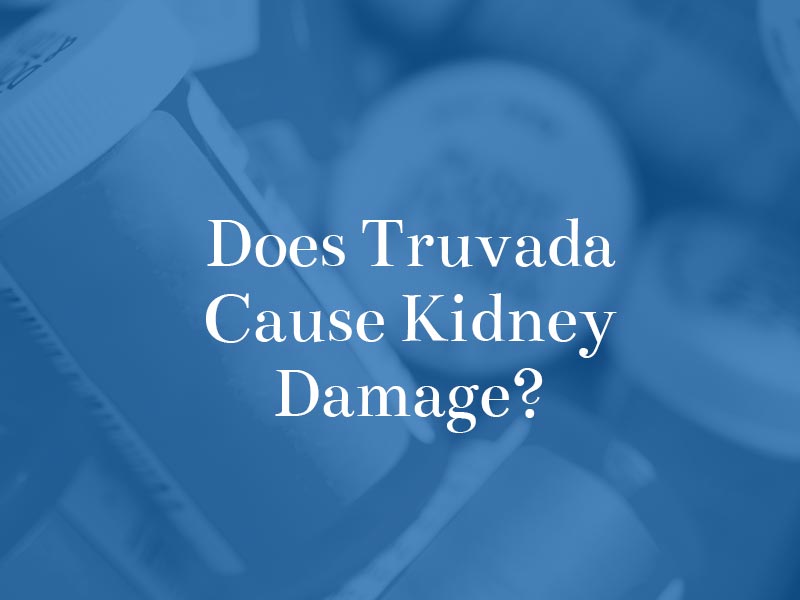A Voice for the Voiceless
The Dunken Law Firm is committed to helping each client find their voice and recover what has been lost.
START MY FREE CONSULTATIONFebruary 8, 2020 | Firm News
Truvada is a brand name for an innovative medication that treats both individuals who wish to reduce their risk of contracting HIV and those who already have the disease. However, it is now known that this drug has the capability of causing significant injuries to the kidneys. The drug’s manufacturer, Gilead Sciences Inc., allegedly knew that the product was problematic and continued to market and sell it anyway.

Truvada contains two different HIV drugs: tenofovir DF (TDF) and emtricitabine (FTC). It is popular for HIV treatment and as pre-exposure prophylaxis (PrEP) for prevention. When taken consistently, PrEP can be highly effective. According to the Centers for Disease Control and Prevention, studies show that when PrEP is taken daily, it can reduce the risk of contracting HIV from sex by 99 percent. There are also several generic versions of this drug, with different brand names.
Most HIV drugs are processed by the liver, whereas TDF is processed by the kidneys. As a result, the kidneys must be monitored closely if you are using this drug.
Many drugs can tax the kidneys to some extent, but Truvada has been put patients at risk for developing renal problems and kidney failure more than other HIV treatments.
Truvada works by reducing the activity of the enzyme, reverse transcriptase. HIV used this enzyme to replicate itself and create more infected cells. In order for the drug to be truly effective at reducing the replication of infected cells, TDF-based medications like Truvada must be taken in large doses. This often leads to excessive amounts of TDF accumulating in the kidneys, which can cause multiple health complications, such as:
There are many studies that suggest a link between Truvada or other TDF-based HIV medications and kidney damage. One prominent research study conducted in San Francisco, examined more than 10,000 patients taking Truvada for HIV. For each year these patients took TDF, there was an increased chance of 34% that they would experience kidney failure. The risk of chronic kidney disease increased by 33%, and sudden or rapid decline in kidney function by 11%. The study also discovered that symptoms of kidney disease related to TDF can persist for a year after the patient has stopped taking the drug.
Unfortunately, the following symptoms of kidney damage do not become apparent at the beginning, but only once it has progressed:
A kidney damage diagnosis typically occurs when there is the presence of protein in a patient’s urine test. Ultrasound tests are typically then used to confirm it.
If you have taken Truvada and suffered any side effects, you may be entitled to compensation. Call our mass tort lawyer at (713) 554-6780 today and schedule a free case evaluation to discuss your options.